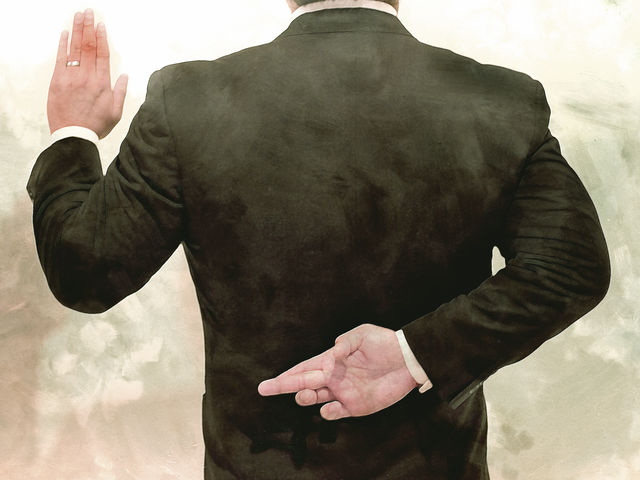As political winds blow, those whose principles are merely tactics change tack. But it’s especially galling when it’s professional legal and religious experts who reveal themselves so.
In USA Today, Harvard Law Professor Adrian Vermeule is quoted on a “strange” new respect for judicial minimalism that is emerging:
“Law review editors: brace for a tidal wave of legal academic theories supporting judicial minimalism, Thayerianism, and strong — very strong — theories of precedent. Above all: the Court must do nothing without bipartisan agreement, otherwise it is illegitimate.”
USA Today‘s columnist, Glenn Harlan Reynolds, a University of Tennessee law professor, continues:
“The past half-century’s enthusiasm for judicial activism will vanish, as legal academia turns on a dime to promote theories that will constrain the Court until a left-leaning majority returns, at which point they’ll turn on a dime again.”
Three centuries ago, John Locke commented wryly on the same phenomenon among the many religious authorities who easily changed their principles according to changing rulers’ dictates:
“But to speak the truth, we must acknowledge that the Church … is for the most part more apt to be influenced by the Court, than the Court by the Church. How the Church was under the Vicissitude of Orthodox and Arrian Emperors, is very well known. Or if those things be too remote; The English History affords us fresher Examples, in the Reigns of Henry the 8th, Edward the 6th, Mary, and Elizabeth, how easily and smoothly the Clergy changed their Decrees, their Articles of Faith, their Form of Worship, every thing, according to the inclination of those Kings and Queens.”
